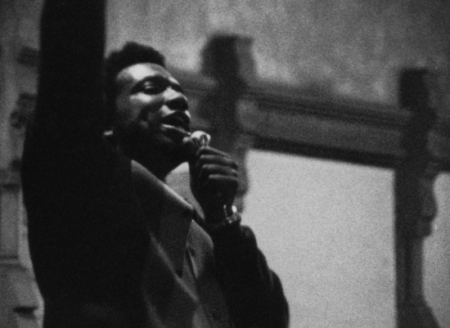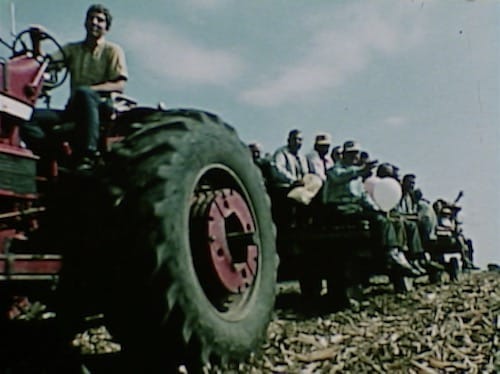
Over the next six weeks, CFA will present newly digtized episodes of Earthkeeping – a series produced in the early 1970s for WTTW that explores environmental, ecological and sociological issues. In presenting this series, we hope to reintroduce DeWitt Beall, a Chicago-based filmmaker primarily active in the 1960s and 70s. Now to episode three, “Little Big Land”:
Last week’s episode, “Greenbacks,” introduced the “external costs” tied into urban expansion, looking at how the real costs of development exceed the explicit dollar value. “Little Big Land” further explores this by visiting the rapidly disappearing farmlands and diminishing areas of nature. The growth of cities like Chicago and the expansion of the highway, while beneficial to a growing urban population, have also come at the cost of the landscape. The episode looks critically at land privatization, and warns that “if present trends continue, the urban blanket will be drawn indiscriminately across the landscape – house by house, shopping center by shopping center.” Some potential prevention strategies are introduced, including the idea of instituting a green belt.
The challenges of balancing urban expansion and environmental preservation are further complicated by the increasing birth rate in the United States. The episode features a brief interview with Dennis Meadows, who had just recently published his co-authored study, The Limits to Growth. The study utilizes computer models and programming, plugging in a number of variables to examine the rate at which population will exceed production. Although the results found in The Limits of Growth have been somewhat polarizing, it is still interesting to see the ways in which computers were used for environmental predictions and calculations some forty years ago.
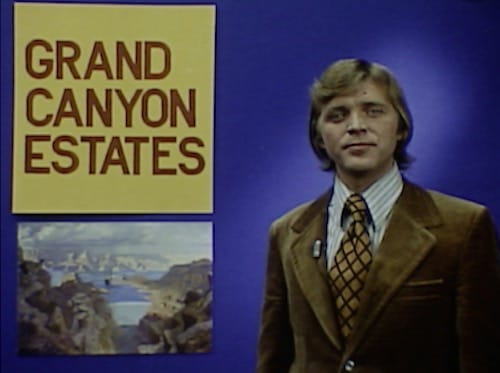
Second City’s David Rasche has a solution to the increasing demand for new urban developments: Grand Canyon Estates, which has transformed “a useless hole in the ground into the most unique community you’ll ever be fortunate enough to invest in.” The new development will feature the world’s deepest artificial lake, as well as the “largest collection of plastic vegetation ever assembled in one place.” It’s an exciting investment opportunity too good to pass up.
Early in the episode, the narrator predicts that in the future, “Chicago will grow outward, as will Indianapolis, Gary, Milwaukee, forming one giant megapolitan region around Lake Michigan.” This introduction to the megalopolis serves as a nice segue into next week’s episode.
We’ll be taking a quick break next week, but stay tuned Monday (March 31st) for our next episode, “Megapolis” …


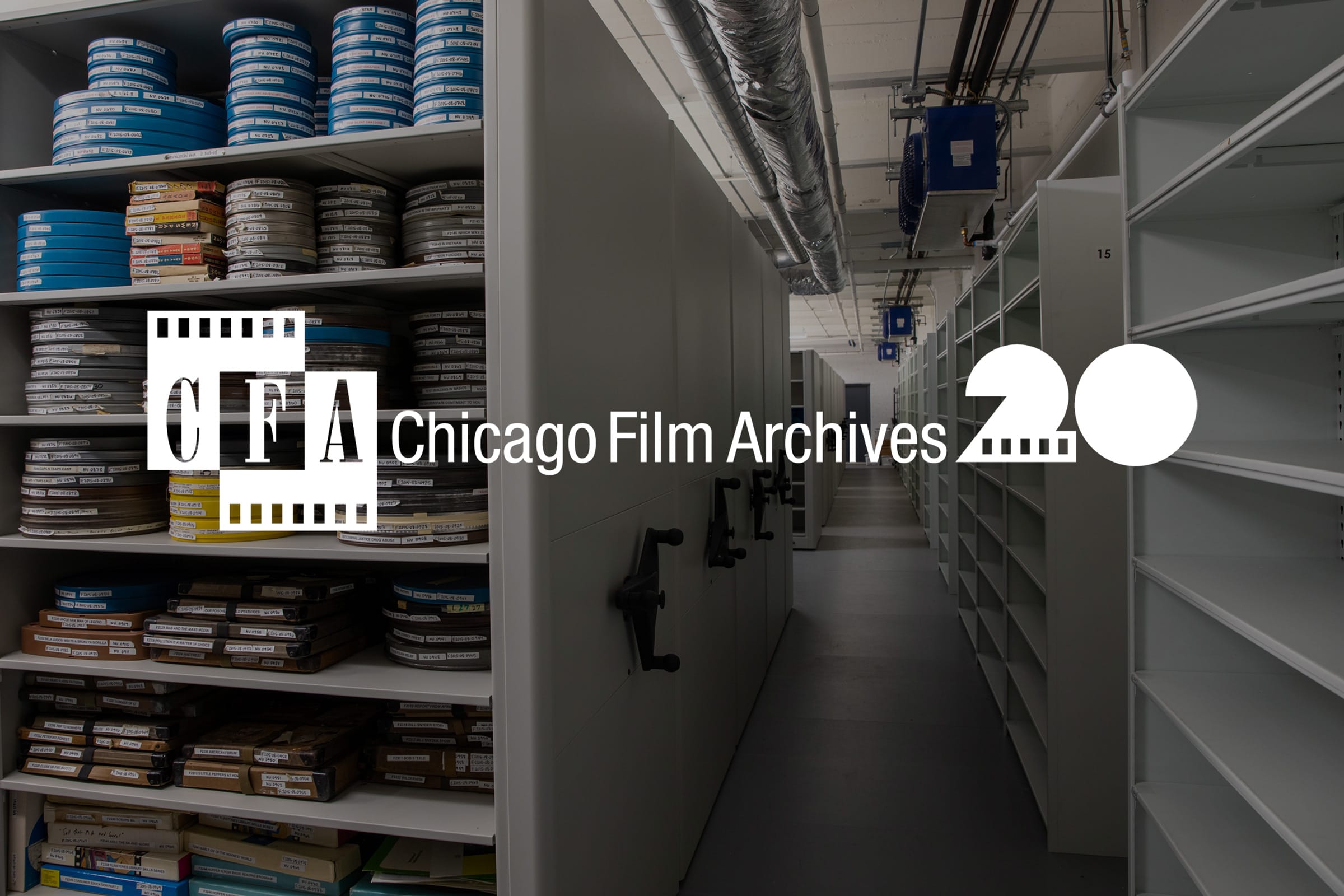
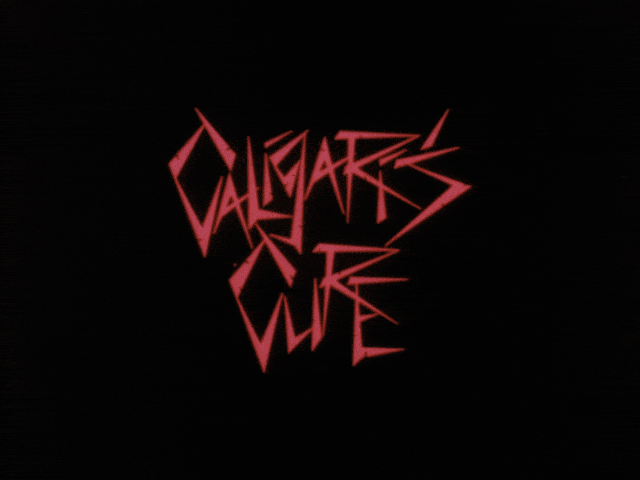
![[Rudy Lozano]](https://www.chicagofilmarchives.org/wp-content/uploads/2023/08/Lozano2.png)

